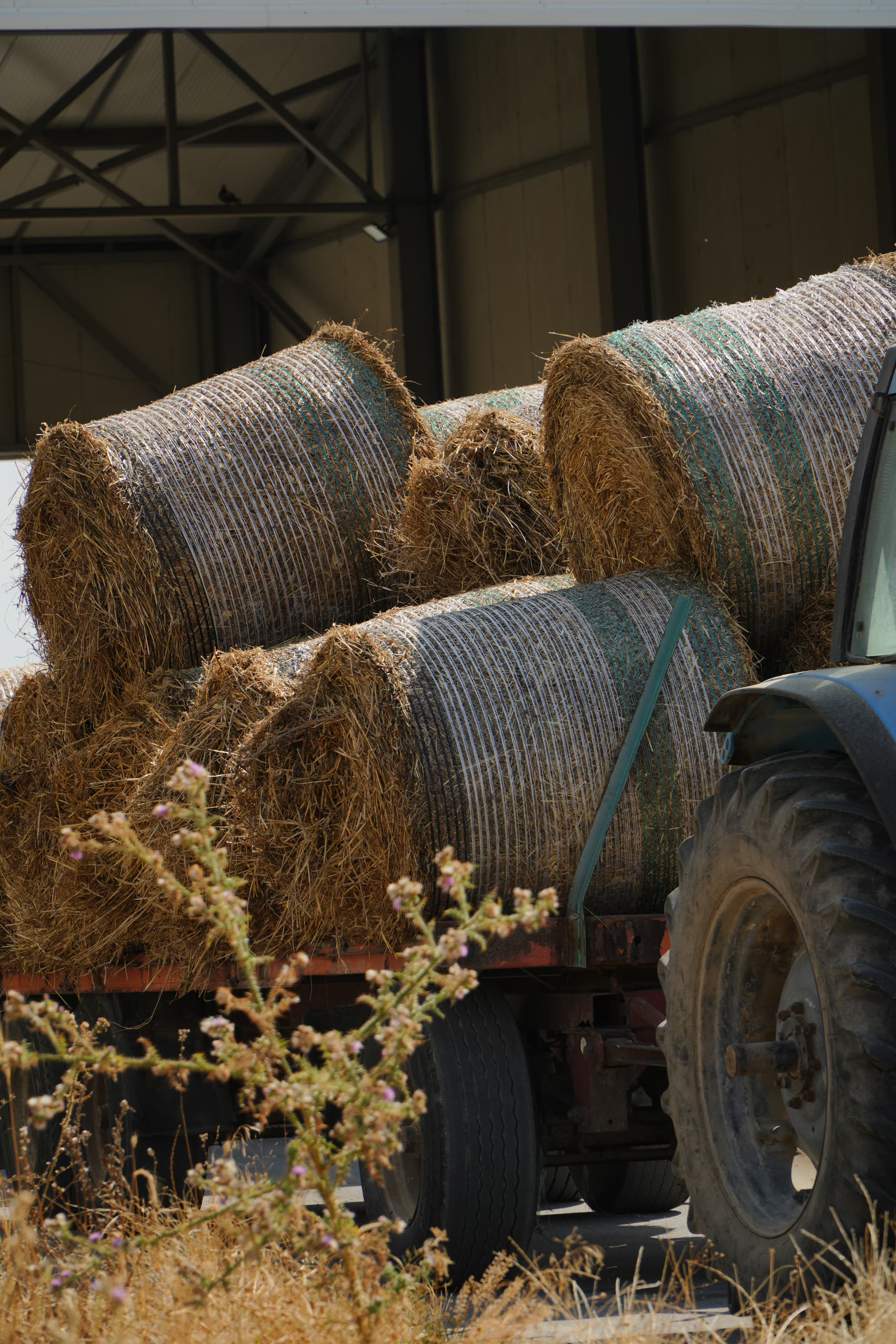Started with purpose.
Grown with integrity.
What began on a small farm in Trebosh has grown into a powerful force across food, energy, and agriculture — built with care, driven by progress, and trusted far beyond our borders.
Where It All Begins
Gold Land was established in Prilep in 2016, with one mission: To cultivate fertile land and produce the raw materials that sustain our entire food system.
Today, Gold Land manages over 800 hectares of crop fields, growing essential grains and oilseeds that become the foundation of our animal feed. From these fields, we secure the quality and traceability of every product that reaches the market — from eggs to meat, from feed to fertilizer.
Our work is not just farming. It's building the base of a circular economy:
This is how we close the loop, keep our soil alive, and ensure future generations have the same fertile ground to work with.

What We Grow
Every crop we grow is carefully selected and rotated to keep the soil fertile, reduce chemical dependency, and maximize both yield and sustainability.
Corn
For bulls' feed and silage for biogas
Wheat
Separate, high-quality feed and soil rotation
Our Livestock
We raise premium beef cattle breeds known for their superior meat quality and efficient feed conversion.
Charolais Bulls
Premium beef cattle known for their excellent meat quality and efficient growth rates.
Limousin Bulls
High-quality beef cattle prized for their lean meat and superior feed efficiency.
Sustainable Farming Practices
Our commitment to the land goes beyond just growing crops. We implement practices that ensure long-term soil health and environmental sustainability.
Crop Rotation
Systematic rotation of crops to maintain soil fertility and prevent disease buildup.
Soil Conservation
Protecting and enhancing soil structure through organic matter and minimal tillage.
Water Management
Efficient irrigation systems and water conservation techniques.
Organic Methods
Reduced chemical dependency through natural pest control and organic fertilizers.
